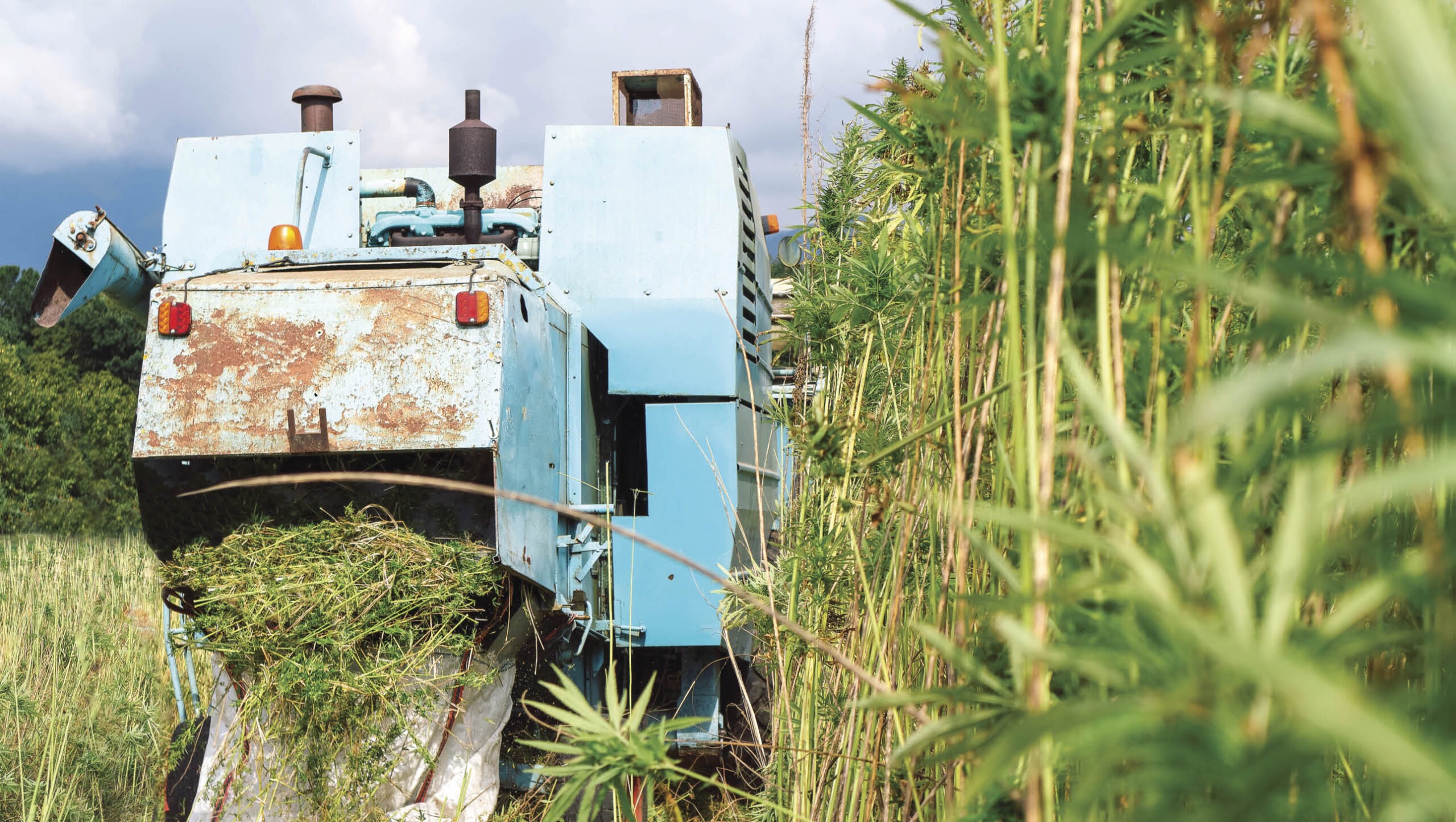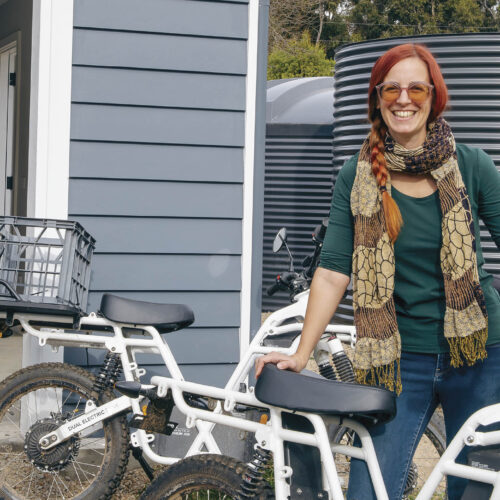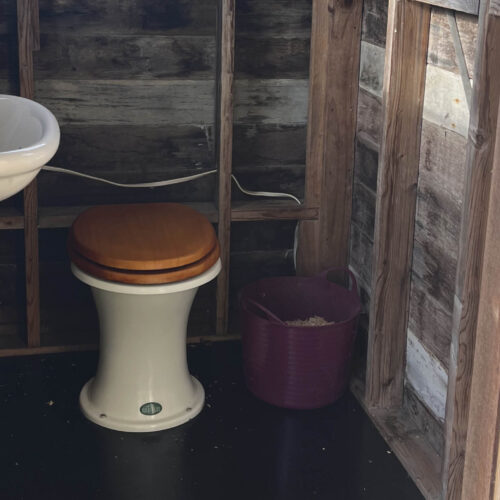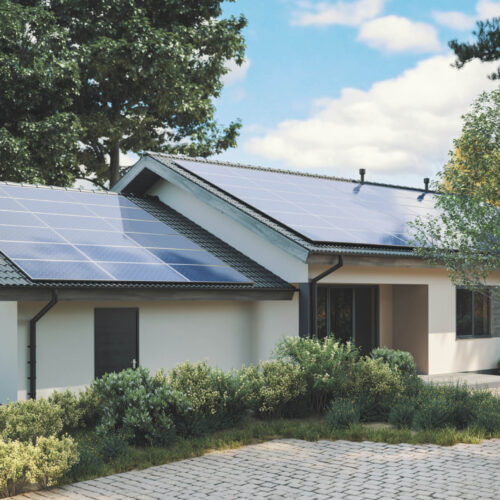Hemp building set to take off
2024-01-18T04:21:58+11:00
The fast-growing wonder plant hemp is ready to take off as a sustainable building material that can be mould-proof, fire-resistant and breathable, writes Reese Halter.
Hemp is well-known for making products such as paper, rope and clothing, but it also has wide applications in the building business that are set to expand rapidly. To start with, hempcrete (a mix including hemp hurd, lime and water) can be used to make wall panels, waterproof flooring and hemp pipes (replacing fossil-fuel-based PVCs). You can even make hemp beams that are lighter and as strong as steel – a truly astonishing material.
Industrial hemp is worth $7 billion a year globally and projected to increase to $27 billion per annum by 2027. Australia may be a late entry into this field, nevertheless it’s poised to obtain a respectable share of this burgeoning sector.
Hemp, or industrial hemp, is a botanical class of Cannabis sativa with less than 1 per cent psycho-active components. It’s a fast-growing, water-thrifty, pollinator-friendly, hardy plant that provides fibre, food and pain medicines. One plant, three incomes.
The federal government wants to streamline growing hemp. That’s why it’s funding AgriFutures Australia to trial nine hemp varieties, growing in areas from the tropics to temperate Tasmania. It takes around 100 days from planting to harvesting hemp before processing a breadth of products.
Hemp could play an important role in easing the national housing shortage, with affordable dwellings that are mould-proof, fireproof, termite-proof, soundproof and stay cooler in summer and warmer in winter compared to conventional abodes.
University of Adelaide’s Professor Rachel Burton advocates for hemp homes because they are carbon neutral with breathable properties that create salubrious indoor air. There are already more than 300 hemp houses nationwide.
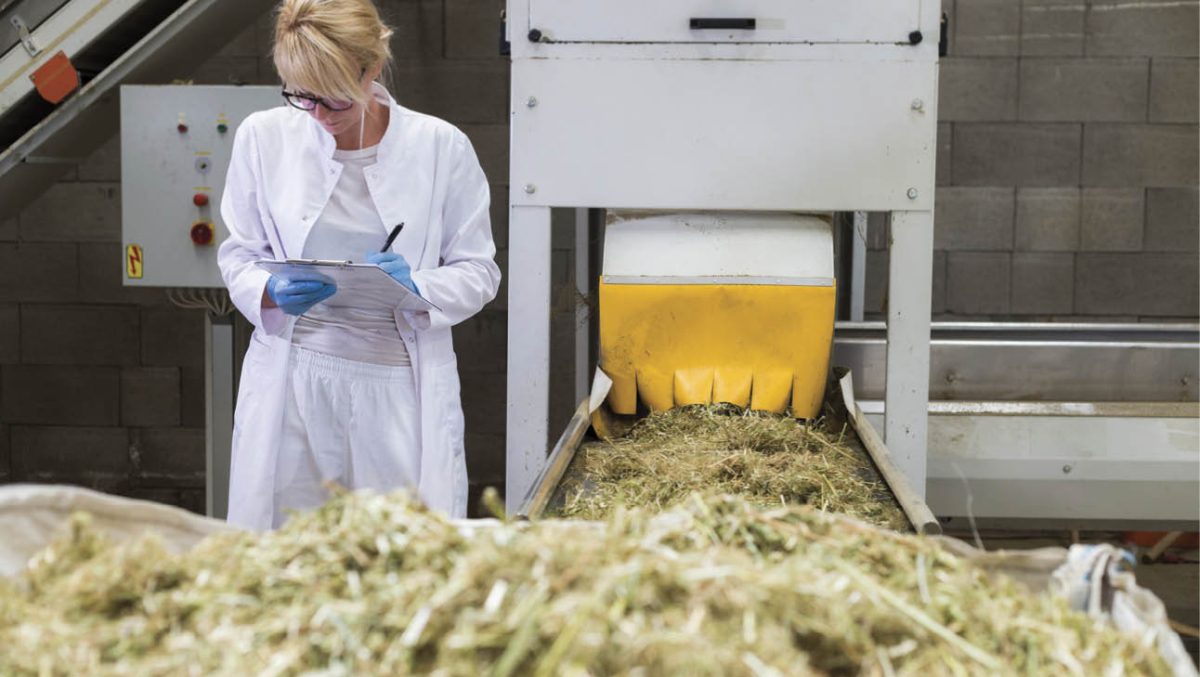
Homes and jobs
These are truly exciting times with technology marrying time-tested, nature-based solutions. Hundreds of jobs have been created in the Murraylands region of South Australia by plant-based technology company Vircura, which is processing South Australian grown hemp into hurds, from the centre of the stalk, fibre, fines and dust for a range of building applications.
Meanwhile, in the fields of northern Tasmania, industrial hemp is going gangbusters, but this time as a food. Deloraine-based Hemp Harvests, the state’s only processing facility, has its eyes on the prize – hemp hearts; the soft chewy centres of seeds loaded with nutritious edible proteins for both people and animals. The facility processes hemp seeds into high-quality food products, including flour, protein powder, hemp hearts and hemp oil that are then sold in bulk to bakeries and food stores.
“I see hemp as an exciting plant-based alternative to help us reduce our reliance on low-cost and unsustainable methods to produce animal-based proteins,” says Tim Crow, Hemp Harvests founder.
Although Victoria currently has only one-sixth the area of planted hemp compared to Tasmania, growers and innovators are chomping at the bit for market share. At present, builders are erecting prefabricated hemp panels in central Victoria, bricks are being cast in the west of the state, and hemp powder is being converted into 3D printed houses in Victoria’s south.
According to Darren Christie of the non-profit iHemp Victoria, industrial hemp processors could employ Gippsland communities, formerly native forest logging-dependent, as a solution to the state’s building supply shortage.
The Australian Hemp Building Institute considers this robust plant – speedy growing, large volume and lightweight – as another chip and pulp industry. For the meantime, all that’s missing are Victorian growers and processors. Industry leaders say that 5000ha of industrial hemp will bring $100 million into Gippsland communities and farmers, thereby transforming it into a newfound hemp hub.
There is every reason to believe, within a handful of years, that Australia will be strengthened by the earth-friendly hemp trade.
More information
AgriFutures Australia
Vircura
Hemp Harvests
iHemp Victoria
HempWood
To learn how prefabricated buildings are becoming an eco-friendly alternative, get a copy of our Summer 2024 issue (OG 146).

